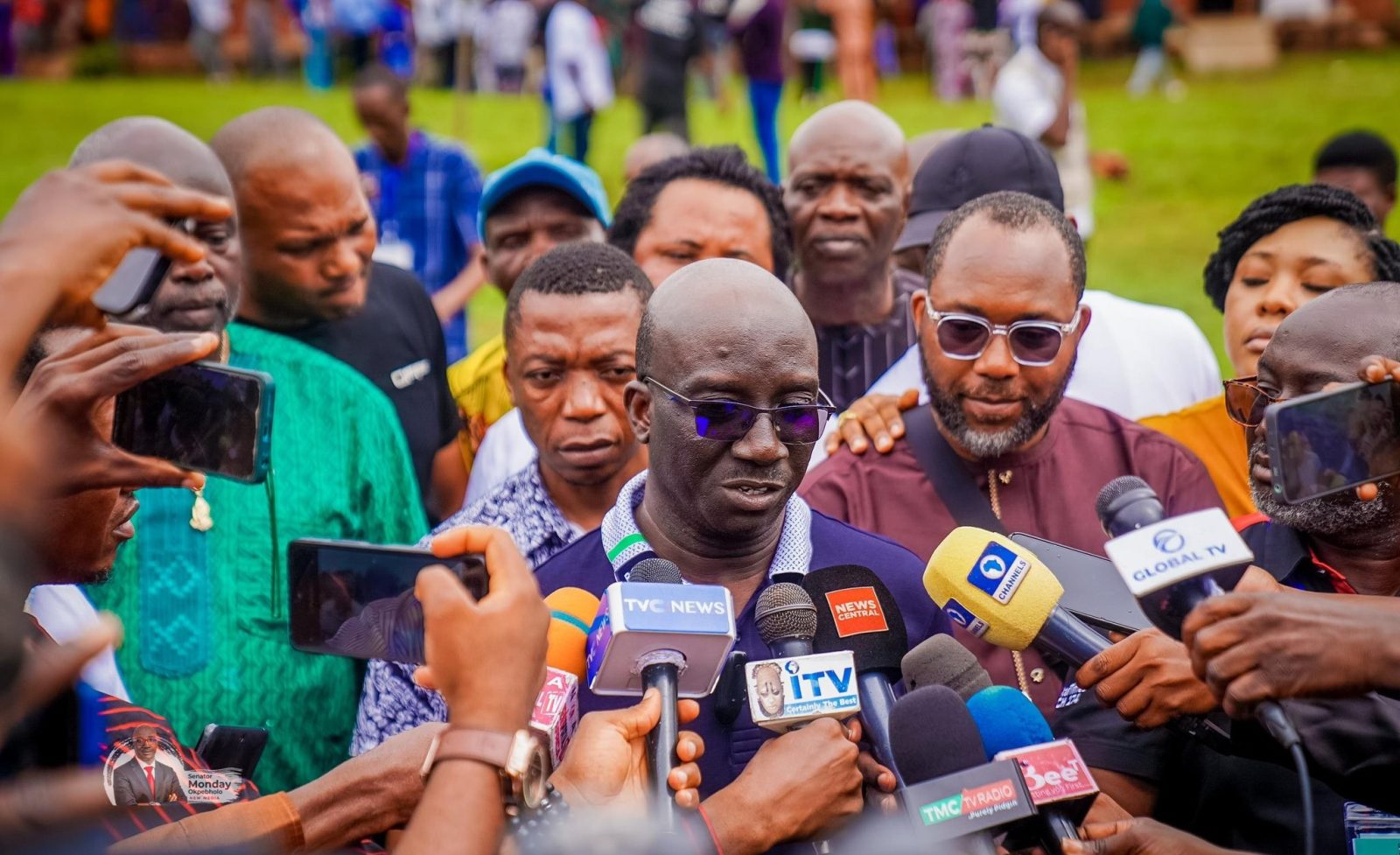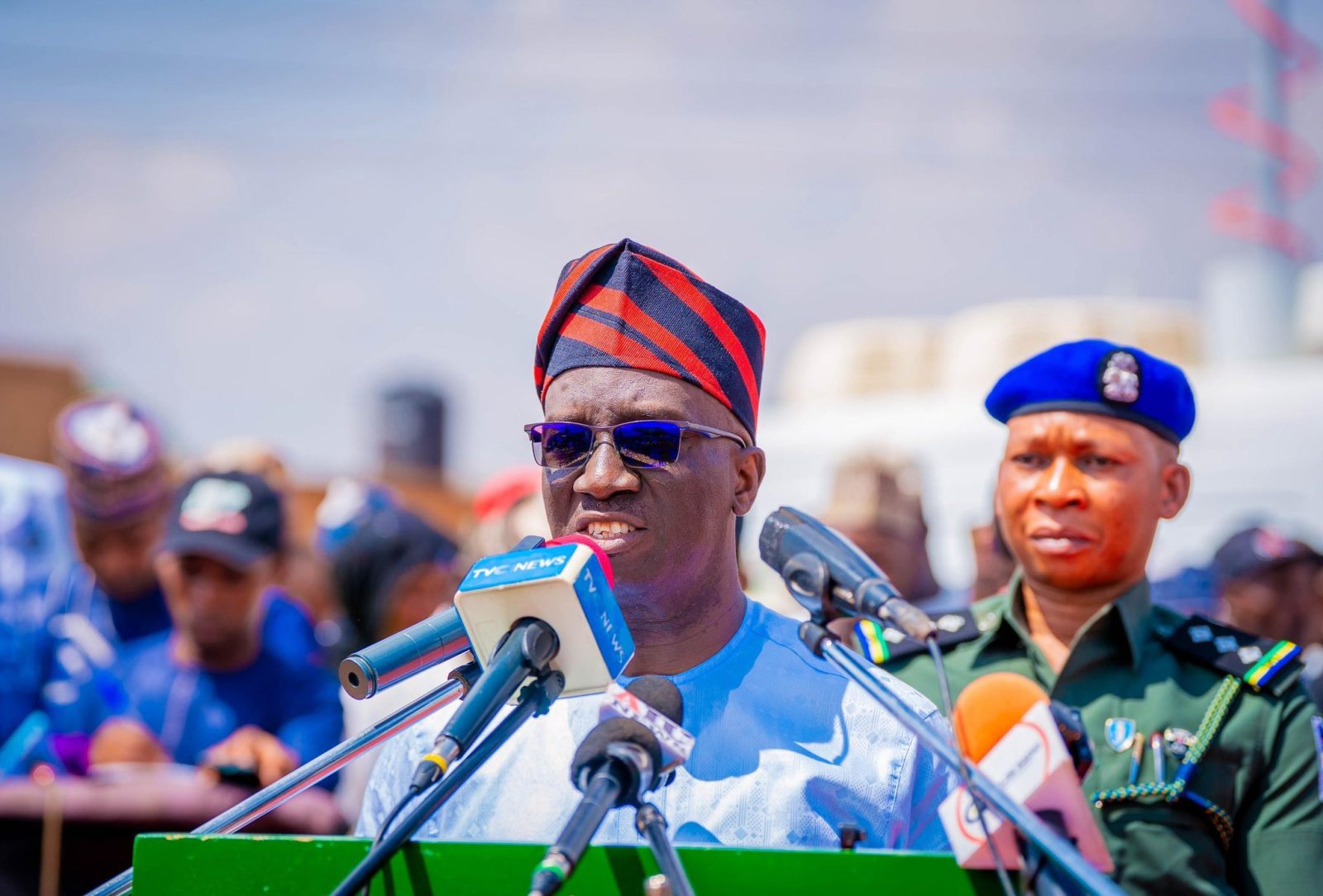The affected subscribers were mainly MTN users, who faced tough times surfing the Internet.
MTN is the largest operator in Nigeria with 38 percent market share and about 67 million customers.
MTN has confirmed the lingering problem through a text message apologised to its customers, saying: “Y’ello. We apologise for slow data speeds and difficulty with accessing the Internet. Please, bear with us as we work to resolve the issue. Thank you.”
On its Twitter handle, @MTNNG, it again apologised and explained that the slow Internet speed experienced by subscribers was as a result of damage to the international undersea cable.
“Our engineers are working to resolve these challenges as soon as possible. Please, bear with us and look out for further updates,” it said.
Explaining the challenge, Openserve, South Africa’s largest telecommunications infrastructure provider, said the South Atlantic 3/West Africa (SAT-3/WACS) submarine cable, which links South Africa to Europe was damaged near Libreville in Gabon. The WACS, which links South Africa to the United Kingdom, also experienced outage along the coast of Luanda, Angola.
This is, however, not the first time damage to undersea cables has disrupted Internet services on the continent.
In the current disruption, consumers across some countries including Nigeria, Ghana, South Africa and Ivory Coast are having issues sending emails, surfing the Internet, making international calls and browsing.
It was learnt that the telco is already seeking alternative connection routes before the damage is fixed.
“If the issues are not resolved, however, affected telcos across Africa might begin to accumulate significant loss in revenue and subscribers.”
Subscribers, who narrated their experiences, said they became confused when he could no t download.























Leave a comment